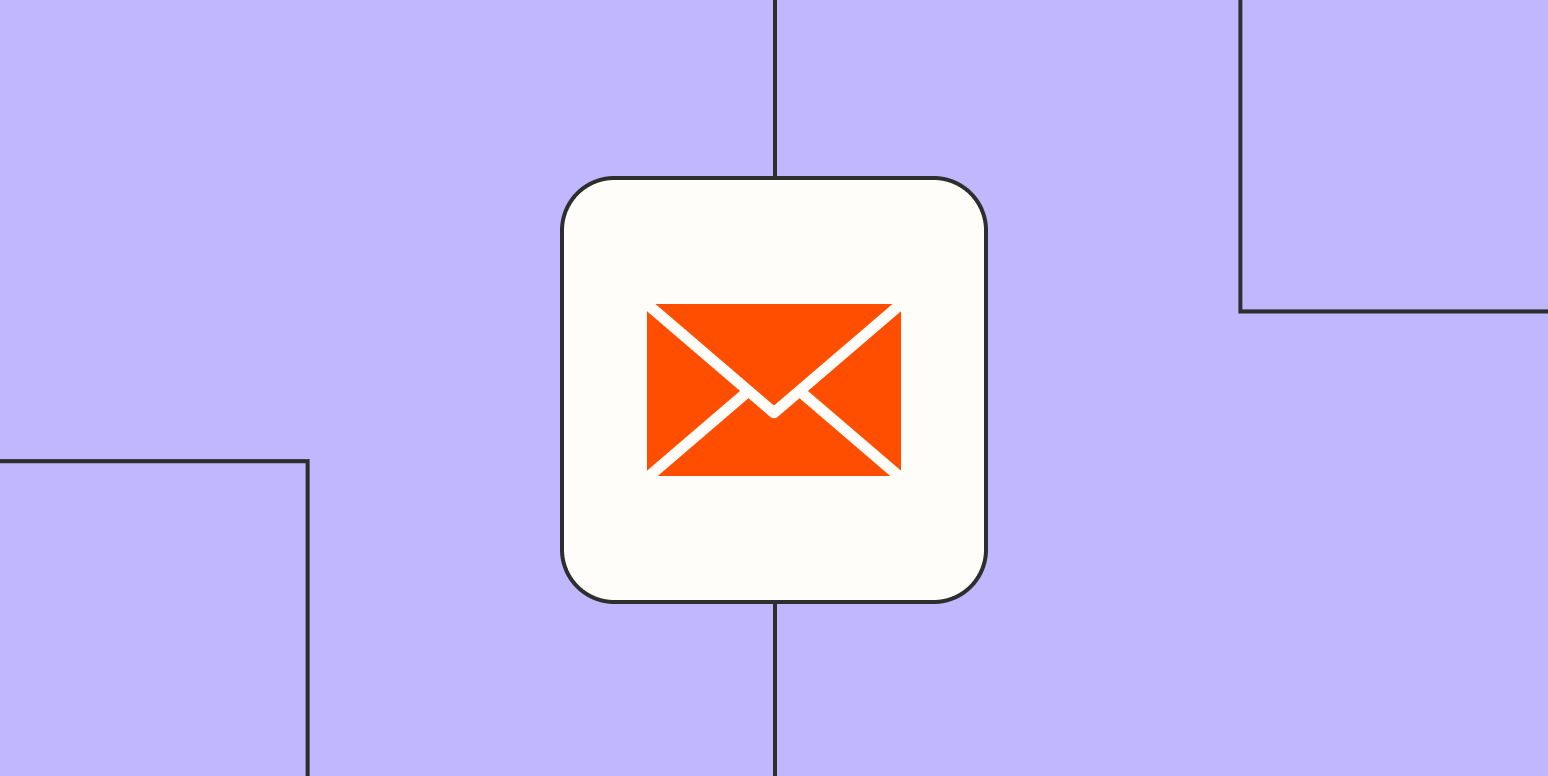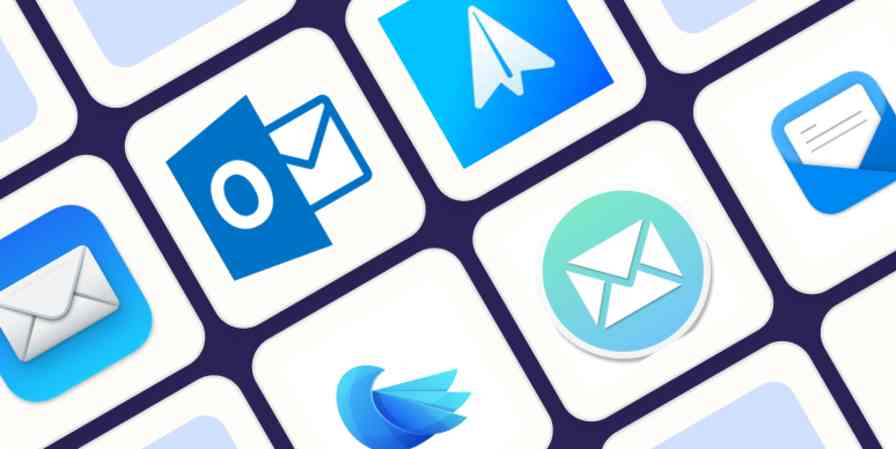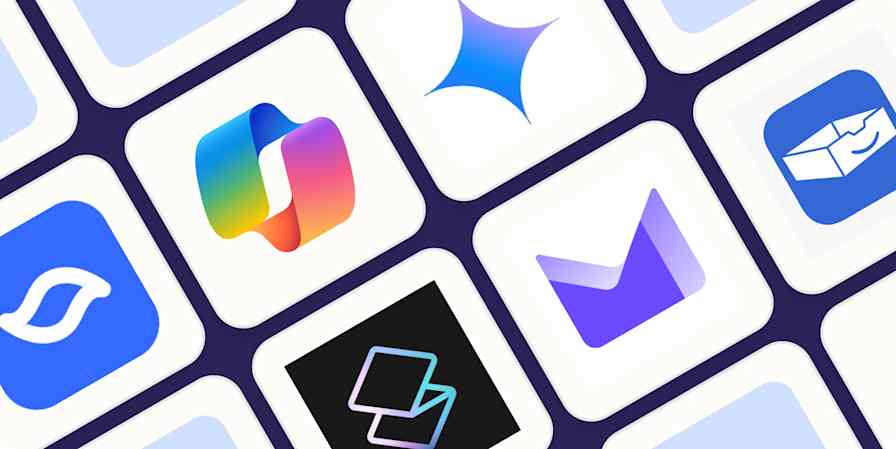Finding the best email app for Windows can change the way you manage your daily messages. Imagine having an app that not only keeps your inbox organized but also saves you time and reduces stress.
You deserve a tool that works smoothly, helps you stay focused, and fits your unique needs. You’ll discover top email apps that make your life easier and boost your productivity. Keep reading to find the perfect match for your Windows device and take control of your email like never before.
Why Choose A Dedicated Email App
Choosing a dedicated email app on Windows offers many benefits. It provides a smoother and faster email experience. These apps give more control over how you read, send, and organize emails. They help manage daily emails more efficiently than webmail platforms.
Dedicated email apps often work better on Windows devices. They use less internet data and offer offline access. This means you can read and write emails without an internet connection. They also load emails faster, saving time during busy days.
Advantages Over Webmail
Email apps run directly on your computer, not in a browser. This reduces distractions from other tabs and ads. They offer better speed and stability than webmail services. Email apps keep your messages safe and private with stronger security features.
Improved Organization And Workflow
Email apps help sort messages quickly into folders or categories. You can use rules to automatically filter emails by sender or topic. Many apps allow you to flag important emails for quick follow-up. These tools keep your inbox clean and easy to manage.
Integration With Other Tools
Dedicated apps connect smoothly with calendars and task managers. This helps you schedule meetings and set reminders inside the app. Some email apps link with cloud storage services for easy file sharing. These integrations improve your productivity and save time.
Key Features To Look For
Choosing the best email app for Windows requires understanding key features. These features improve your email experience. They save time and keep your information safe. Focus on features that match your needs and habits.
User Interface And Ease Of Use
A clean and simple interface helps you manage emails quickly. Look for apps with clear menus and readable text. Easy navigation reduces stress and saves time. The app should let you read, write, and organize emails without confusion.
Security And Privacy Options
Protecting your email data is very important. Choose apps with strong encryption and secure login methods. Features like two-factor authentication add extra safety. The app should keep your personal information private and block spam or phishing attempts.
Customization And Automation
Custom options make the app fit your style and workflow. Change themes, layouts, and notification sounds. Automation tools like filters and rules help sort emails automatically. These features reduce manual work and keep your inbox tidy.
Cross-platform Compatibility
Access your emails on different devices without problems. The app should work well on Windows, mobile phones, and tablets. Syncing across devices keeps your messages up-to-date everywhere. This feature helps you stay connected anytime and anywhere.
Top Email Apps For Windows
Choosing the right email app for Windows can improve your daily communication. The best apps offer easy use, good features, and strong security. Here are some top options that many people trust and use.
Microsoft Outlook
Microsoft Outlook is a popular choice for Windows users. It combines email, calendar, and contacts in one place. Outlook works well with Microsoft Office and offers many tools for work and personal use. It supports multiple email accounts and has a clean interface.
Mozilla Thunderbird
Mozilla Thunderbird is a free and open-source email app. It is simple but powerful. Thunderbird has strong spam filters and good security. Users can add extra features with add-ons. It supports many email services and is easy to customize.
Mailbird
Mailbird offers a modern look and smooth experience. It supports multiple email accounts and integrates with apps like WhatsApp and Google Calendar. Mailbird helps manage emails quickly. It also has a unified inbox to see all emails in one place.
Em Client
eM Client is easy to use and works with many email services. It has a built-in calendar, tasks, and chat. The app supports encryption for secure email. Its clean design helps users focus on important messages. It also imports data from other email apps.
Spike
Spike turns emails into chat-like messages. This makes reading and replying faster. It groups emails by conversation and has a simple interface. Spike supports video calls and file sharing inside the app. It is good for teamwork and quick communication.

Credit: zapier.com
Comparing Performance And Speed
Performance and speed are key when choosing the best email app for Windows. Fast apps save time and reduce frustration. They help you handle emails smoothly, even with many messages. This section compares how top email apps perform in speed and responsiveness.
Load Times And Responsiveness
Load times show how quickly an app opens and displays emails. A fast app loads your inbox in seconds. Responsiveness means how quickly the app reacts to your clicks and commands. Good apps respond instantly without lag. Slow load times and delays waste time and annoy users.
Handling Large Inboxes
Many users have thousands of emails. Some apps slow down with large inboxes. The best apps keep working fast even with many messages. They organize and search emails without delays. Handling large inboxes well means no waiting to find or open emails.
Offline Access
Offline access lets you read and write emails without internet. The best apps store emails locally for offline use. This feature helps during travel or poor connections. Offline access must be quick and reliable. You can work anytime and sync changes when online again.
Integration With Productivity Tools
Email apps for Windows do more than send and receive messages. Their real power shows in how they connect with other productivity tools. This integration helps users manage time, tasks, and teamwork better. Choosing an email app with strong productivity links saves effort and boosts efficiency.
Calendar And Task Management
Good email apps link directly to calendars. Users can view, add, or change events without switching apps. Task management features let users create to-do lists from emails. This keeps schedules and work organized in one place. It helps users meet deadlines and stay on track.
Third-party App Support
Many email apps support popular third-party tools. Apps like Dropbox, Google Drive, or Evernote work smoothly with email. This support lets users attach files or save emails easily. It reduces steps and keeps work flowing. Compatibility with other apps means less hassle for users.
Collaboration Features
Collaboration tools in email apps improve teamwork. Users can share emails, notes, or tasks with others quickly. Some apps allow real-time editing and commenting. This creates clear communication and faster decisions. Collaboration features help teams work well even when apart.
Pricing And Plans
Choosing the best email app for Windows depends a lot on pricing and plans. Understanding what you get for free and what comes with paid versions helps you make smart choices. Different apps offer various subscription models. Some charge monthly fees, others yearly. The key is finding value for money.
Free Vs Paid Versions
Most email apps have free versions. These usually cover basic features. You can send and receive emails without cost. Paid versions offer more tools. They include advanced security, extra storage, and better support. Free versions work well for casual users. Paid options suit those needing more power.
Subscription Models
Email apps use different subscription types. Monthly plans are flexible and easy to cancel. Annual plans cost less per month but require longer commitment. Some apps sell one-time licenses. Choose what fits your budget and usage. Compare features across plans carefully before buying.
Value For Money
Good email apps balance cost and features. Check if paid plans improve your workflow. Look for features like calendar integration or spam filters. Assess customer support quality too. Spending more makes sense if it saves time or increases security. Always match plan benefits with your needs.
Tips For Maximizing Email Productivity
Managing emails well saves time and reduces stress. Following simple tips helps keep your inbox organized and productive. These strategies suit all types of users, from beginners to experts.
Managing Multiple Accounts
Use one email app to handle all your accounts. It saves switching time and keeps messages in one place. Choose apps that support multiple accounts easily. Set distinct notifications for each account. This way, you won’t miss important messages.
Using Filters And Rules
Filters sort incoming emails automatically. They move emails to folders or mark them as important. Set rules to block spam or highlight urgent mail. This keeps your inbox clean and focused. Spend a few minutes setting filters. It saves hours later.
Keyboard Shortcuts
Learn basic shortcuts for common tasks. Shortcuts speed up reading, replying, and deleting emails. Most email apps have easy shortcut lists. Practice a few shortcuts daily. Your efficiency will improve quickly.
Regular Maintenance Practices
Delete old or unnecessary emails regularly. Archive important messages to reduce clutter. Check your spam and junk folders weekly. Update your email app to access new features. Regular care keeps your email app running smoothly.

Credit: zapier.com

Credit: zapier.com
Conclusion
Choosing the best email app for Windows helps you stay organized. Fast and simple apps save time every day. Some offer extra tools for work and personal use. Pick one that fits your needs and feels easy. A good app keeps your messages clear and secure.
Try a few to see which one suits you best. Managing emails should never feel hard or slow. Find the app that makes your email work smooth and stress-free.
